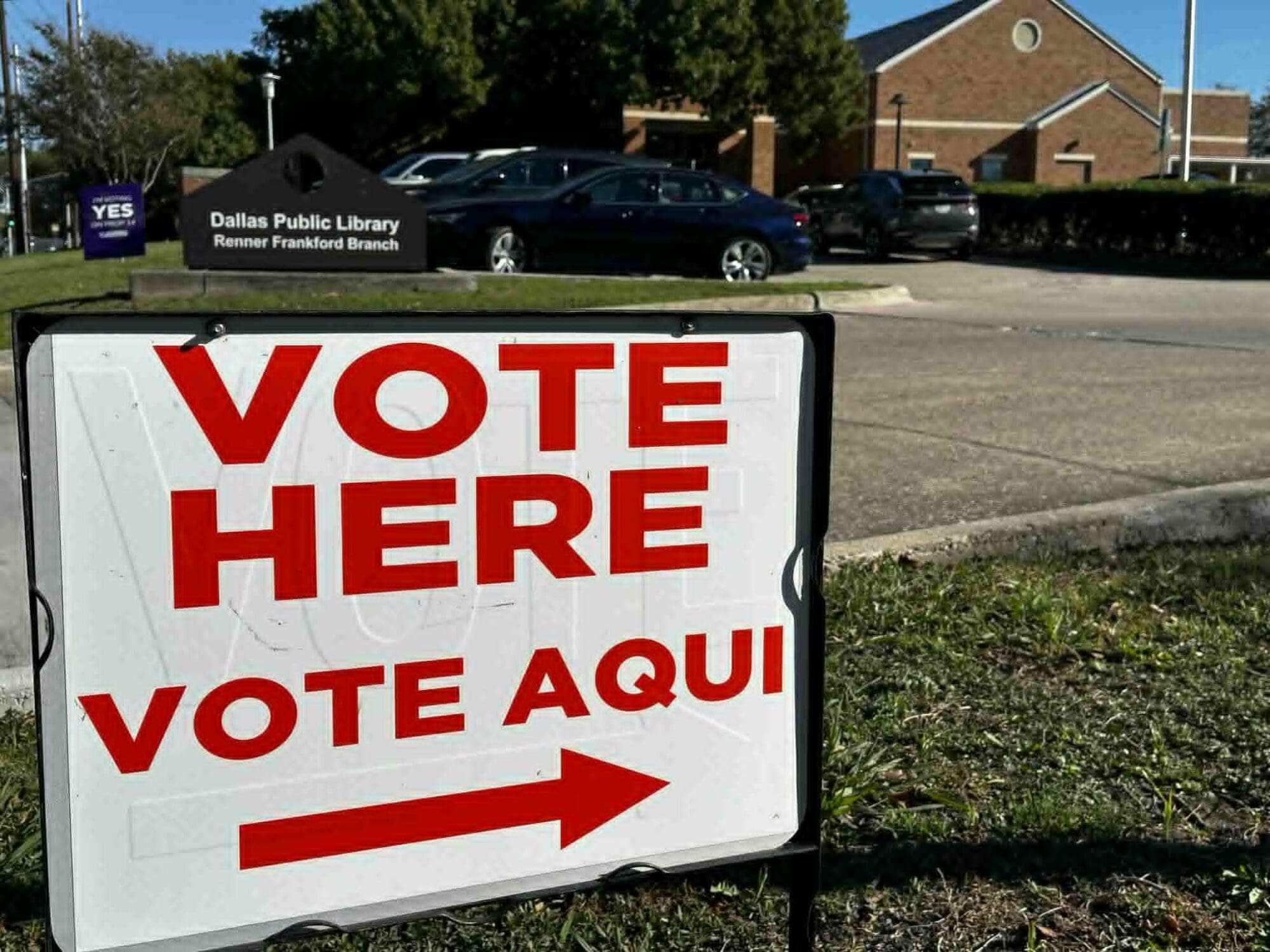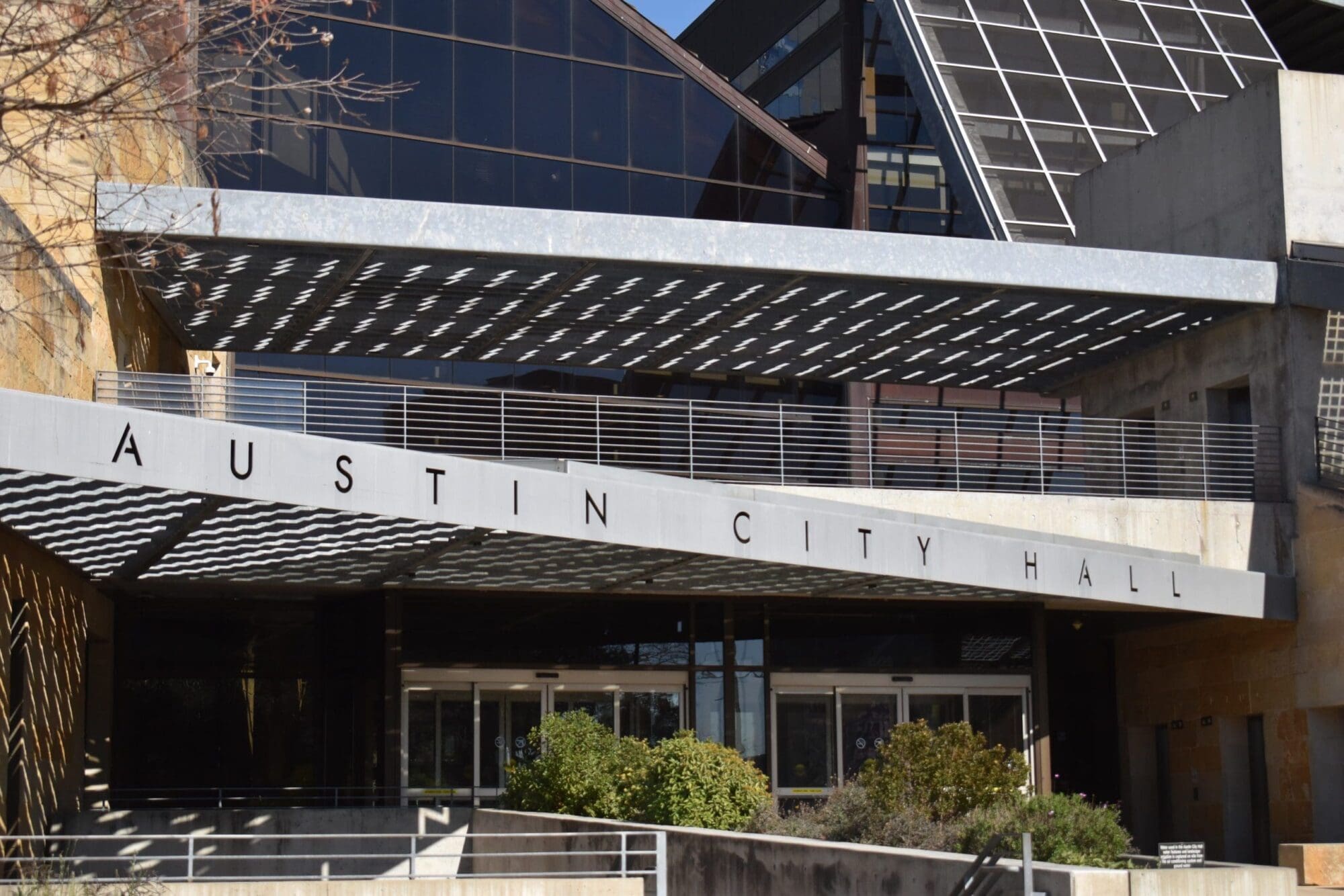Following the future of House District 26, located in Fort Bend County, has been much like watching a rollercoaster, with twists and turns ever since the legislature gaveled out last summer.
Currently represented by State Rep. Rick Miller (R–Sugar Land), it was rumored after the session that Miller would be retiring, leaving an open seat.
Those rumors bore fruit when it was reported Miller had put his name in for consideration to lead the Texas Department of Family and Protectives Services, the state agency overseeing Child Protective Services—a position he did not ultimately receive, spurring him to announce his run for re-election instead.
Meanwhile, primary candidates began to trickle in to challenge Miller in March. However, after receiving the endorsement of Gov. Greg Abbott in October and filming a campaign advertisement with him, it looked like Miller would likely make it to another term.
Then he opened his mouth.
In December, just days before the filing deadline, Miller clumsily told the Houston Chronicle in an interview that he believed two of his primary candidates were running because of their Asian heritage and that they believed “that my district might need an Asian to win.”
The Republican machinery quickly turned against Miller, as Republican Party of Texas Chairman James Dickey and other Republican officials pleaded with the lawmaker to step down.
The final nail in the coffin, however, came when Abbott rescinded his endorsement of the embattled lawmaker, with his spokesman saying Miller’s comments were “inappropriate and out of touch with the values of the Republican Party,” ultimately forcing Miller to announce his retirement from the legislature.
With Miller out of the race, that left a three-way race in the Republican primary to hold the seat.
On election night in March, voters in the district sent two candidates to the runoff election: Jacey Jetton and Matt Morgan.
Jacey Jetton, an Army veteran and the former chairman of the Fort Bend County Republican Party, was an early favorite among elected officials. Abbott, having withdrawn his endorsement of Miller, bestowed his endorsement upon Jetton. So did Comptroller Glenn Hegar, Congressman Pete Olson, Agriculture Commissioner Sid Miller, and State Sen. Lois Kolkhorst (R–Brenham).
Groups usually aligned with establishment Republicans have also come in to endorse to Jetton, including Associated Republicans of Texas, Texans for Lawsuit Reform, and the Texas Medical Association.
In fact, if the race was to be decided on high-profile endorsements alone, you might think Jetton had the race sewn up.
But in the primary election, Jetton placed second with 40.7 percent of the vote.
Taking first place, with 49.7 percent of the vote (nearly enough to win outright), was Richmond businessman Matt Morgan.
An insurance adjuster by trade, Morgan’s website is light on endorsements—Rick Miller has endorsed his campaign, as well as a former Fort Bend County Sheriff.
And for the most part, the two candidates’ websites tout nearly identical issues taken from the Republican Party boilerplate (pro-life, lower property taxes, etc.).
There are a couple of key differences in the issues the two candidates decided to highlight, however.
Jacey Jetton’s website says he supports constitutional carry, which has been a legislative priority of the Republican Party of Texas for years.
“We should be able to protect our families, ourselves, and our property without relying on anyone else. Constitutional carry allows us to do just that,” Jetton’s statement reads.
Morgan, however, leads his campaign issues page with ending taxpayer-funded lobbying—a practice in which local governments use taxpayer dollars to lobby the legislature, often for anti-taxpayer issues. During the last session, for example, taxpayer-funded lobbyists fought hard against property tax relief and reform efforts to allow Texans to keep more of their hard-earned money.
“During the last Legislative Session, your tax dollars [were] used by local governments spending millions of dollars at the Texas Capitol lobbying against their constituents,” Morgan’s site says. “I support the Republican Party of Texas’ Platform plank that calls for an end to taxpayer-funded lobbying.”
Jetton’s campaign has, so far, raised and spent over $100,000, with his biggest contributions coming from Gov. Greg Abbott’s campaign, Associated Republicans of Texas, and Texans for Lawsuit Reform.
Morgan, by contrast, has only raised about $35,000, according to the most recent available data, with most of his donations coming from individuals, with a notable exception being a $500 contribution from Rick Miller’s campaign.
Keep in mind, however, that the latest financial reports due to the Texas Ethics Commission came before the March 3 primary, so these numbers could have shifted after Morgan’s first-place finish.
Originally scheduled for May 26, the primary runoff elections have been delayed until July 14 due to the Chinese coronavirus. It has also forced campaigns to think differently, as election season staples such as door-to-door block walking and in-person events have been largely out of the question.
Meanwhile, Democrats will also be holding their own runoff election in July, with L. Sarah DeMerchant facing off against Suleman Lalani.
Whoever wins the Republican primary must prepare for a serious general election battle in November. In 2018, Miller won the seat by a less-than-comfortable margin of fewer than five points, and Texas Democrats have already set their sights on the district as part of their plan to take control of the Texas House of Representatives ahead of redistricting in 2021.





